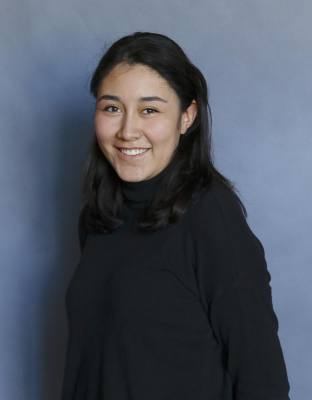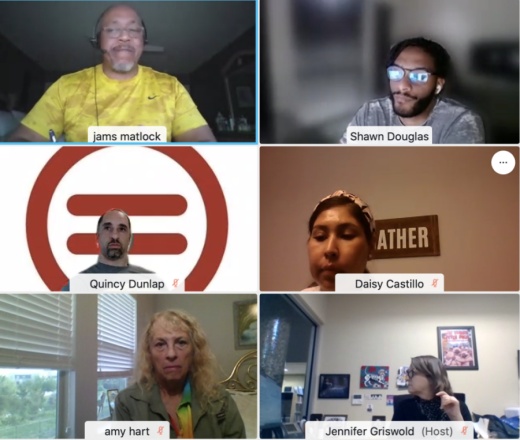The group unanimously approved the following statement: "The mission of the Equity Commission of Pflugerville is to leverage data to make ongoing recommendations and monitor city leadership on policies, systems, programs and initiatives that identify and eliminate racism, bias, and discrimination and to measure, promote, and increase diversity, equity, and inclusion."
Community Impact Newspaper previously reported the commission was first proposed Pflugerville City Council's June 9 meeting and approved on first reading during City Council's June 23 meeting.
The commission’s purpose is to make recommendations related to equity and empowerment issues, promote community diversity awareness and to promote equity on the basis of economic status, race, color, religion, gender and nationality, according to the city's website.
The commission will have the opportunity to present its mission statement to City Council at a later date, City Manager Sereniah Breland said.
Quincy Dunlap, Austin Area Urban League president and CEO, helped facilitate the meeting and spoke on the importance of understanding and establishing how the city defines equity. Establishing equity cannot be done without putting the proper resources, accountability and authority behind it, he said.
While some may think building resources means higher taxes, Dunlap said with strategical thinking on how to build equity into systems, budgets can align for equitable purposes.
Commission Chairman James Matlock likened equity to serving the same amount of meals to everyone each day.
"Everybody [has] to eat, but if somebody is eating three meals a day and I'm only eating two meals a day, then it's not equitable," Matlock said. "If you feed me but I'm only getting two meals a day, and you're feeding someone else and you're giving them only one meal a day ... that's not an equitable distribution."
Matlock said defining the commission's mission statement will help resourcing for equity and define a path forward.
Toward the end of the meeting, commission Vice Chairman Shawn Douglas said he was concerned the group was not making enough progress during its monthly hourly meetings.
"I feel like we need to start trying to lay down some groundwork, or at least a path, to us getting to take some action," Douglas said. "We're missing milestones, we're missing opportunities to help people because we haven't gotten to where we need to go yet."
Matlock encouraged members to add their input in the meeting agendas before convening and suggested a survey be made for commission members to see who would be willing to meet twice a month.
"I understand this work takes time. You can't rush it," he said. "If you're going to get something out, you [have] to put something in."





